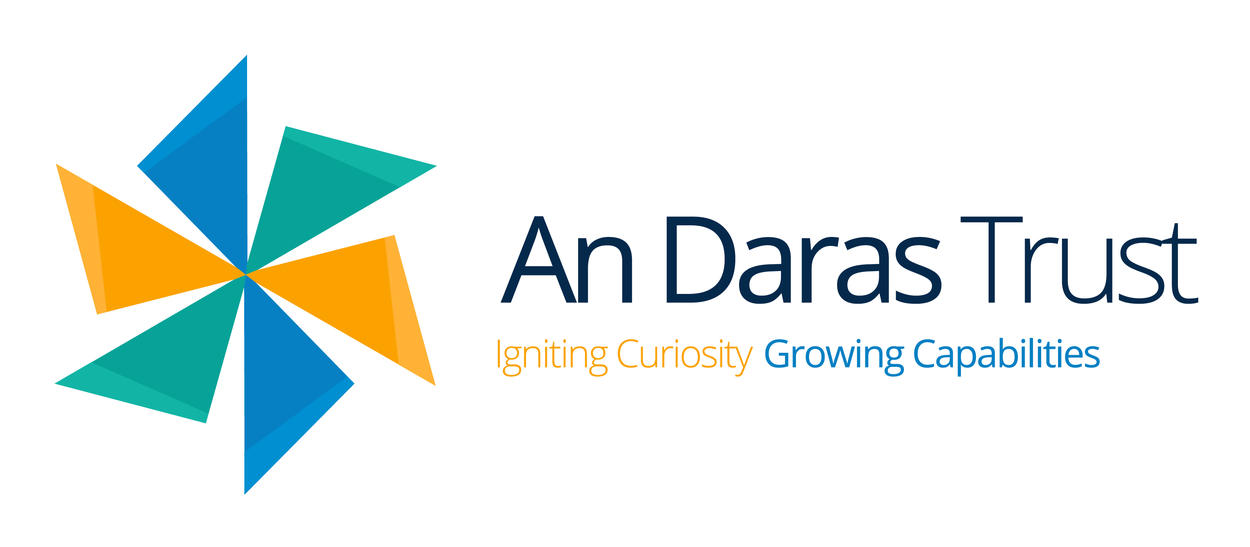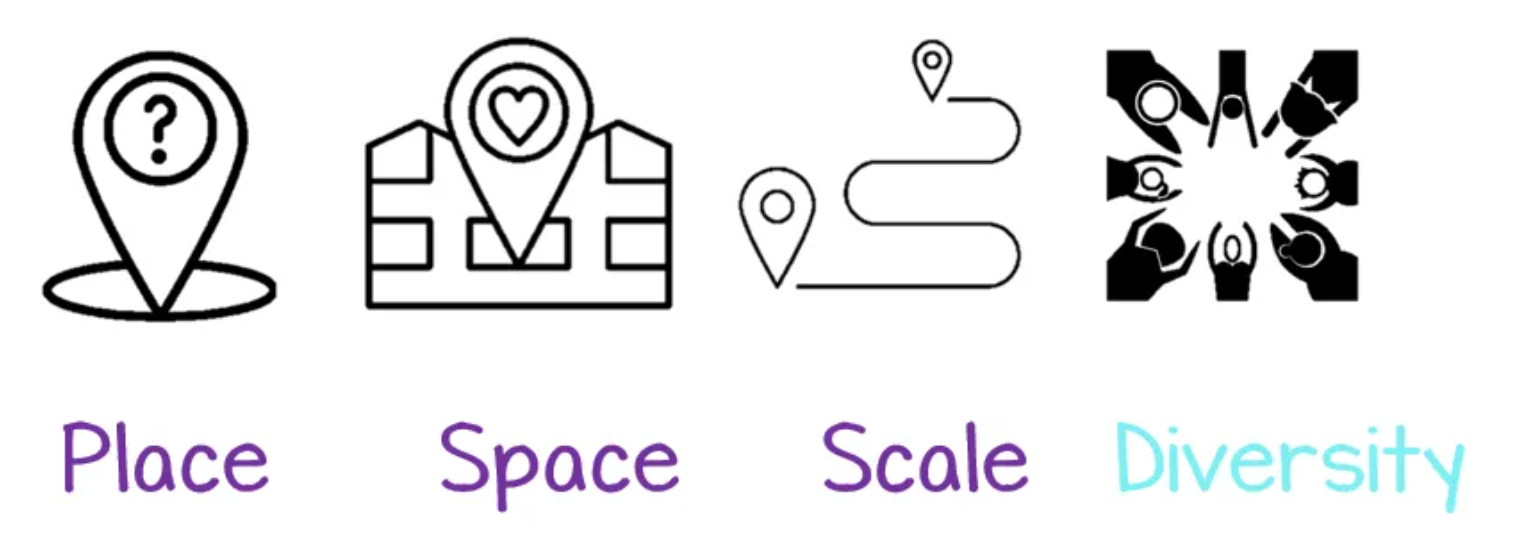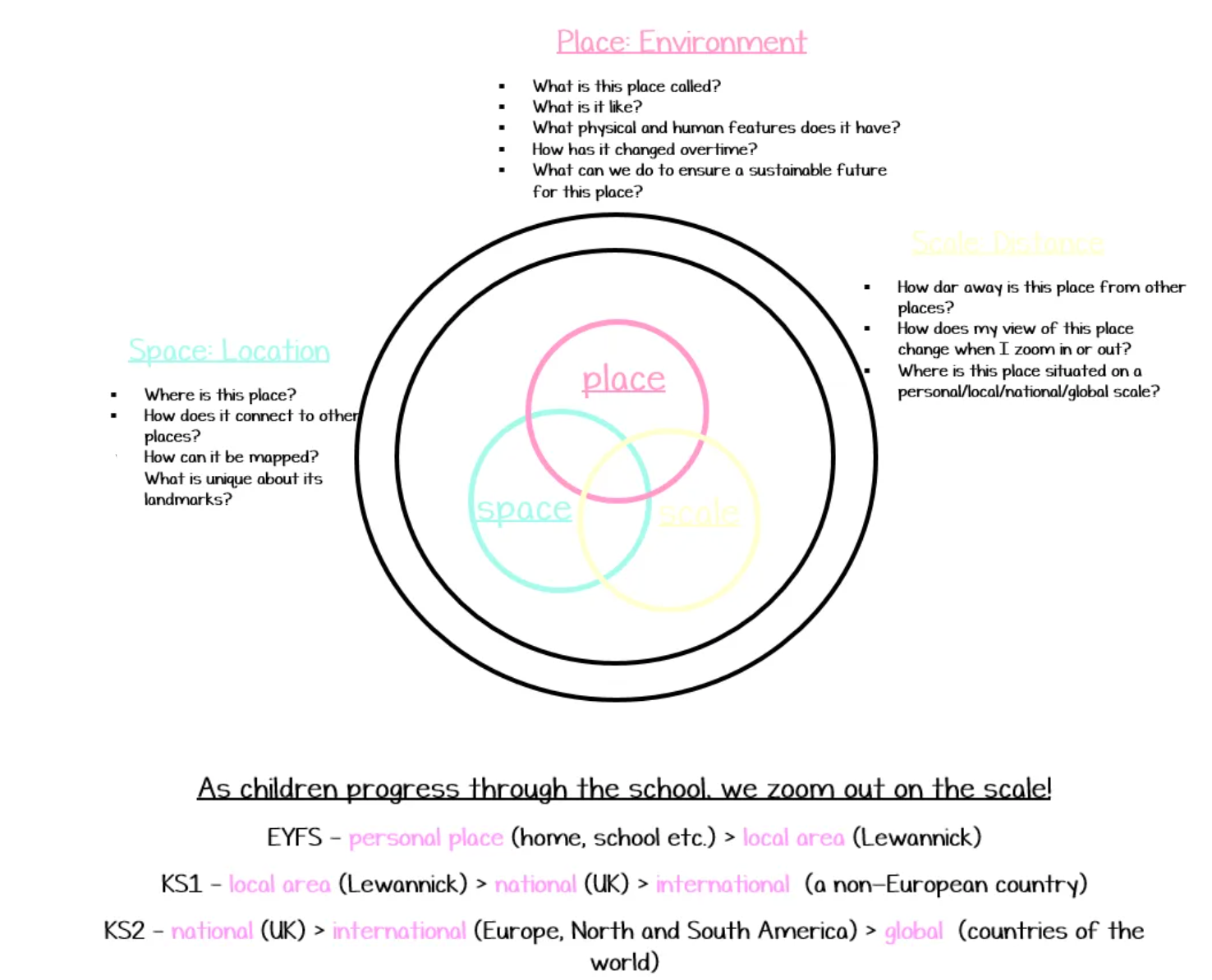‘The study of geography is about more than just memorizing places on a map. It’s about understanding the complexity of our world, appreciating the diversity of cultures that exists across continents. And in the end, it’s about using all that knowledge to help bridge divides and bring people together.’ – Barack Obama
Intent, Implementation and Impact Statement
Intent
Lewannick’s geography curriculum aims to inspire pupils to become curious and explorative thinkers with a diverse knowledge of the world; in other words, to think like a geographer. We want our children to develop the confidence to question and observe places, measure and record necessary data in various ways, and analyse and present their findings. Through our scheme of work, we aim to build an awareness
of how Geography shapes our lives at multiple scales and over time. We hope to encourage pupils to become resourceful, active citizens who will have the skills to contribute to and improve the world around them. At Lewannick, we will ignite pupils’ fascination and curiosity about the world around them in order to gain a sense of place, space and scale on our diverse planet Earth. We will broaden their experiences through taking them on a journey locally, nationally, internationally and globally. Pupils will develop in-depth knowledge and essential skills in both physical and human geography and they will understand the part that they and others play in ensuring the planet’s sustainable future.
The concepts of place, space and scale are the three big ideas which form the fundamental principles of geography teaching at Lewannick.
Our scheme encourages:
- A strong focus on developing both geographical skills and knowledge.
- Critical thinking, with the ability to ask perceptive questions and explain and
analyse evidence. - The development of fieldwork skills across each year group.
- A deep interest and knowledge of pupils’ locality and how it differs from other
areas of the world. - A growing understanding of geographical terms and vocabulary.
Implementation
We follow a spiral curriculum, with essential knowledge and skills revisited with increasing complexity, allowing pupils to revise and build on their previous learning.
Locational knowledge, place knowledge, human and physical processes and geographical skills and fieldwork are the key knowledge and skills which are taught within the geography curriculum. These are underpinned by the key geographical concepts of scale, place, space, and diversity. These concepts provide the framework for organising the knowledge that is taught within the geography curriculum at Lewannick.
We have also identified ‘Golden Threads’ within the curriculum to support children to make links to their previous and future learning. ‘Where in the World’ in particular, will be reviewed in each unit to coincide with our belief that this will consolidate children’s understanding of key concepts, such as scale and place, in Geography.
Our Golden Threads are:
Cross-curricular links are included throughout each unit, allowing children to make connections and apply their Geography skills to other areas of learning. Our enquiry questions form the basis for our units, meaning that pupils gain a solid understanding of geographical knowledge and skills by applying them to answer enquiry questions.
We have designed these questions to be open-ended with no preconceived answers and therefore they are genuinely purposeful and engage pupils in generating a real change. In attempting to answer them, children learn how to collect, interpret and present data using geographical methodologies and make informed decisions by applying their geographical knowledge.
Each unit contains elements of geographical skills and fieldwork to ensure that fieldwork skills are practised as often as possible. Our carefully designed units follow an enquiry cycle that maps out the fieldwork process of question, observe, measure, record, and present, to reflect the elements mentioned in the National curriculum. This ensures children will learn how to decide on an area of enquiry, plan to measure data using a range of methods, capture the data and present it to a range of appropriate stakeholders in various formats.
Fieldwork includes smaller opportunities on the school grounds to larger-scale visits to investigate physical and human features. Developing fieldwork skills within the school environment and revisiting them in multiple units enables our children to consolidate their understanding of various methods. It also gives children the confidence to evaluate methodologies without always having to leave the school grounds and do so within the confines of a familiar place. This makes fieldwork regular and accessible
while giving children a thorough understanding of their locality, providing a solid foundation when comparing it with other places.
Impact
An enquiry-based approach to learning will allow teachers to assess children against the National curriculum expectations for Geography. The impact of our curriculum is constantly monitored through both formative and summative assessment opportunities.
After implementing our Geography curriculum, pupils should leave school equipped with a range of skills and knowledge to enable them to study Geography with confidence at Key stage 3. We hope to shape children into curious and inspired geographers with respect and appreciation for the world around them alongside an understanding of the interconnection between the human and the physical.
The expected impact is that children will:
Compare and contrast human and physical features to describe and understand
similarities and differences between various places in the UK, Europe and the
Americas.
Name, locate and understand where and why the physical elements of our
world are located and how they interact, including processes over time relating
to climate, biomes, natural disasters and the water cycle.
Understand how humans use the land for economic and trading purposes,
including how the distribution of natural resources has shaped this.
Develop an appreciation for how humans are impacted by and have evolved
around the physical geography surrounding them and how humans have had an
impact on the environment, both positive and negative.
Develop a sense of location and place around the UK and some areas of the
wider world using the eight-points of a compass, four and six-figure grid
references, symbols and keys on maps, globes, atlases, aerial photographs and
digital mapping.
Identify and understand how various elements of our globe create positioning,
including latitude, longitude, the hemispheres, the tropics and how time zones
work, including night and day.
Present and answer their own geographical enquiries using planned and
specifically chosen methodologies, collected data and digital technologies.
Meet the end of key stage expectations outlined in the National curriculum
for Geography.





